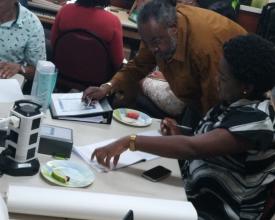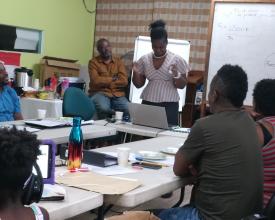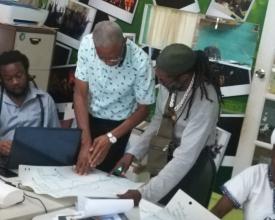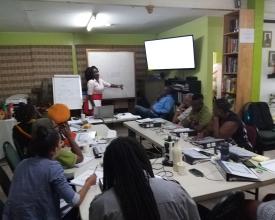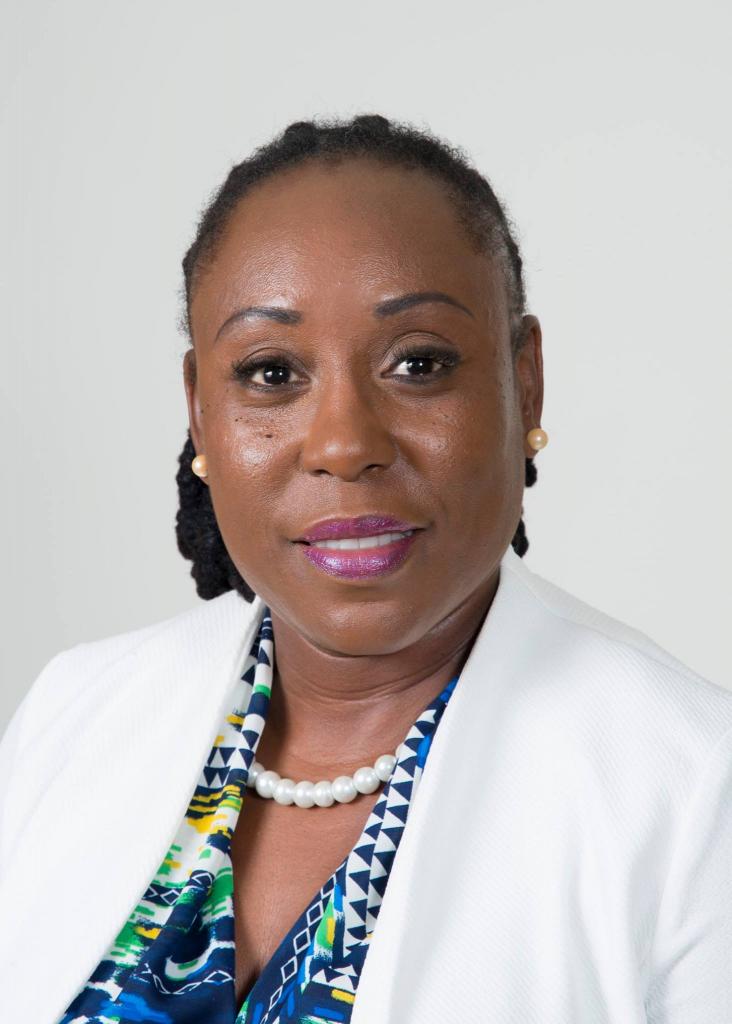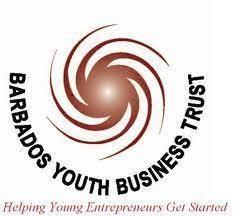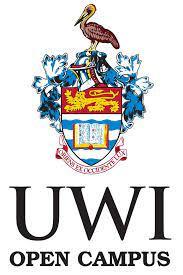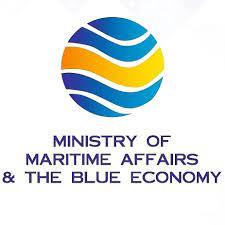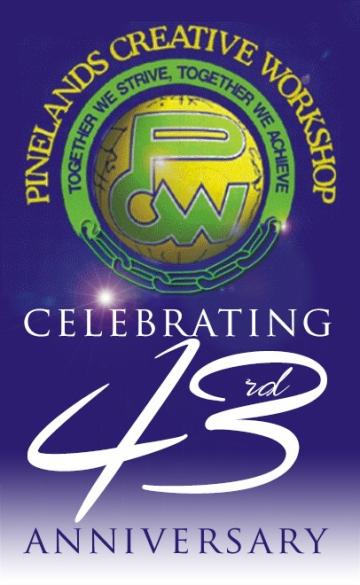
Enfoque empresarial social del ecoturismo
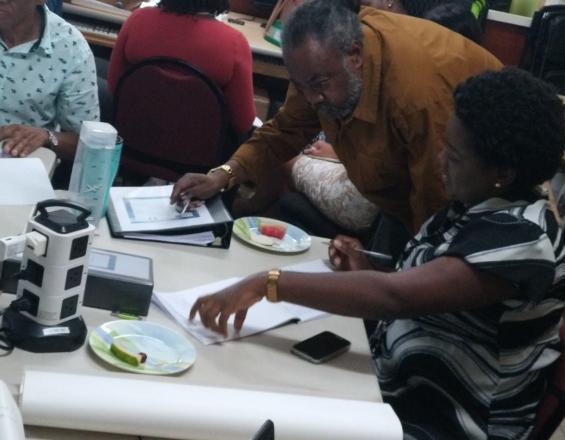
El concepto de Economía Azul busca promover el crecimiento económico, la inclusión social y la preservación o mejora de los medios de subsistencia, garantizando al mismo tiempo la sostenibilidad medioambiental de los océanos y las zonas costeras.
Para lograrlo, se introdujo a las organizaciones no gubernamentales en el concepto de empresa social con el fin de permitir la creación de empresas/negocios sostenibles e innovadores que puedan repercutir positivamente en los medios de subsistencia sostenibles, concretamente en los más vulnerables. Además, se reconoció que era una forma más de examinar modalidades de financiación alternativas para atender a la sostenibilidad organizativa y, al mismo tiempo, promover un enfoque inclusivo o de toda la sociedad para el crecimiento y el desarrollo de la economía azul y los subsectores del ecoturismo.
Contexto
Défis à relever
- Escasas operaciones de ecoturismo
- Falta de comprensión de la sociedad civil en cuestiones de desarrollo empresarial
- Débil posición financiera de las ONG
- Dependencia de la financiación de los donantes
- Sostenibilidad de las iniciativas sociales
- Amenaza de cese de las operaciones de las ONG
- Apoyo constante a los beneficiarios
- Desempleo
Ubicación
Procesar
Resumen del proceso
Teniendo en cuenta que el concepto de Empresa Social es relativamente nuevo, así como la cartera de Economía Azul, se aplicó un enfoque por fases. Como tal, el desarrollo de los módulos o la fase de diseño optó por dividir el módulo de formación en dos (2) componentes básicos - social y empresarial, lo que permitió la claridad de cada uno y, al mismo tiempo, compartió la funcionalidad o la coexistencia de ambos dentro del espacio de las ONG.Como parte de la fase de prueba, el módulo incorporó ejemplos familiares y utilizó las ideas y los proyectos ya conceptualizados por las ONG participantes, lo que se consideró una forma de relacionar el concepto y la apropiación del proceso.
Este enfoque, desde el diseño hasta las pruebas, proporcionó un marco sólido para el desarrollo posterior del curso formal, que fue ampliado por el comité de expertos y el equipo de la UWI-OC de Barbados.
Bloques de construcción
Formación en emprendimiento social
La formación incluyó un proceso de evaluación continua, presentaciones de empresas, estudios de casos e interacciones en grupo, que ayudaron colectivamente a introducir al sector de las ONG en el mundo del empresariado social. Participar en este curso de emprendimiento social tiene el potencial de influir en las ONG, los individuos y otros grupos pequeños de Barbados y de todo el Caribe para construir empresas más responsables socialmente y, al mismo tiempo, abordar la preocupación clave de la sostenibilidad.
La sesión de formación práctica, de 10 días de duración, se centró en los conceptos de empresa social y estuvo dirigida a las ONG y a las personas que pretenden llevar a cabo negocios o desarrollar conceptos empresariales en el subsector de la economía azul del ecoturismo o en campos afines.
Factores facilitadores
- El enfoque participativo permitió el aprendizaje y el apoyo entre iguales.
- La inclusión de ejemplos locales relacionables
- La composición del equipo de formación, su experiencia y sus conocimientos permitieron una mejor aclimatación al concepto.
- El establecimiento de resultados tangibles proporcionó un hito que alcanzar.
Lección aprendida
- El enfoque inclusivo utilizado para desarrollar el diseño del proyecto permitió una mejor aceptación por parte de las partes interesadas y los beneficiarios, lo que facilitó el diseño del proyecto y su ejecución.
- Los enfoques prácticos y participativos del aprendizaje, especialmente con adultos maduros, permiten una mejor aceptación y aclimatación a los nuevos conceptos.
- El aprendizaje y el apoyo entre iguales también permitieron el intercambio de conocimientos y el análisis cruzado de ideas, metas y objetivos, así como el desarrollo de una comunidad de práctica saludable.
- La utilización de un ejemplo local permitió relacionar ideas y conceptos.
- La utilización de facilitadores con experiencia con los beneficiarios o el sector, así como con la experiencia real y el conocimiento del concepto, permitió compartir enfoques realistas y factibles que "encajaban" en las organizaciones participantes.
- La utilización del enfoque modular en la formación permitió obtener resultados tangibles de cada organización.
- La capacidad y el historial de la organización ejecutora permitieron aplicar enfoques centrados en el ser humano y orientados a la búsqueda de soluciones para contrarrestar acontecimientos inesperados.
Incubadora y programa de tutoría
Un incentivo importante para los participantes en la formación de empresas sociales fue la posibilidad de pasar al programa de incubación y tutoría del Barbados Youth Business Trust (BYBT). Este programa ayudó a los participantes a perfeccionar sus ideas empresariales, a planificar y desarrollar sus negocios, e incluyó asesoramiento personalizado y la presentación del concepto empresarial para obtener apoyo financiero. A cada persona de la incubadora se le asignó un mentor empresarial. El programa de tutoría, de un año de duración, se centró en elevar los proyectos o conceptos empresariales esbozados por los participantes al siguiente nivel y prestarles apoyo en las primeras fases de su puesta en marcha.
Factores facilitadores
Inclusión de los socios en el proceso de planificación y ejecución
Lección aprendida
- La capacidad de atraer a socios de calidad y comprometidos permite prestar un apoyo pertinente a los beneficiarios.
- El uso de un enfoque integrador desde la planificación hasta la ejecución permitió la apropiación, una mayor implicación y compromiso de los socios, así como un valor añadido al proyecto.
Desarrollo de cursos
En colaboración con la Universidad de las Indias Occidentales - Campus Abierto (UWI-OC), Barbados, se desarrolló un curso de Educación Continua y Profesional (CPE) de 12 módulos/30 horas de contacto en Empresa Social para la Transformación del Caribe, con el fin de permitir la creación de empresas socialmente responsables. Este Programa de Certificación en empresa social pretende institucionalizar la formación en ecoturismo para la sostenibilidad y el desarrollo a largo plazo. En cooperación con la Universidad de las Indias Occidentales (UWI) - Campus Abierto, este programa de 6 meses está ahora disponible para estudiantes y partes interesadas en 17 países de habla inglesa en los que opera la UWI-OC.
Factores facilitadores
- La trayectoria, la madurez institucional, la experiencia en proyectos y la buena voluntad de la organización ejecutora, así como los acuerdos de colaboración social, permitieron la continuidad del trabajo para desarrollar el curso a pesar de los retos presentados como resultado de covid 19
- Contar con un equipo de expertos que forman una comunidad de práctica, dispuestos a compartir sus conocimientos y a invertir su tiempo en la creación del contenido del curso; comprometidos con el proceso y conscientes de la relevancia del enfoque y del impacto potencial.
Lección aprendida
- Disponer de cierto grado de flexibilidad en los proyectos y con los socios fue fundamental para alcanzar los objetivos del proyecto y maniobrar en torno a acontecimientos imprevistos.
- El historial y la buena voluntad del organismo de ejecución permitieron la continuidad del proyecto a pesar de diversos retrasos.
- La competencia en términos de capacidad de negociación, madurez institucional y experiencia en proyectos de la organización encargada de la ejecución permitió aplicar un enfoque centrado en el ser humano y orientado a la búsqueda de soluciones ante acontecimientos imprevistos.
Impactos
- Ocho (8) ONG formadas y mejor equipadas para desarrollar negocios socialmente responsables en apoyo de la economía azul.
- Un curso de 12 módulos/ treinta (30) horas de contacto de Educación Profesional Continua (CPE) sobre Emprendimiento Social (ES) para la Transformación del Caribe desarrollado con la Universidad de las Indias Occidentales - Open Campus, Barbados.
- Dos empresas legalmente registradas y formación adicional, apoyo de pequeñas subvenciones y aplicación nacional a través del apoyo del Gobierno.
- La formación brindó la oportunidad de concienciar sobre los ODS, con especial referencia al ODS 14 - Vida bajo el agua.
- Se adquirieron nuevos conocimientos que pueden compartirse con las organizaciones participantes sobre una nueva forma de generación de ingresos para mejorar la sostenibilidad de la organización.
- La formación impartida en Economía Azul y Empresa Social permitió el inicio del proceso de hibridación a partir del cual las futuras iniciativas o el diseño organizativo podrían construirse en torno al concepto de empresa social dando lugar a la proliferación de empresas socialmente esponsables.
- Se produjo un cambio de comportamiento en el que se pasó de un modelo lineal o económico centrado en la mentalidad de "tomar, hacer y tirar" a un modelo más circular que supone un cambio fundamental en la forma en que nos comportamos y consumimos: un diseño y un pensamiento más regenerativos y restauradores.
Beneficiarios
- Organizaciones de la sociedad civil interesadas en el ecoturismo
- Industria del ecoturismo
- Sociedad en general
Objetivos de Desarrollo Sostenible
Historia
La resistencia del programa se puso a prueba durante el inicio de la pandemia COVID-19. Sin embargo, el número de participantes se mantuvo elevado y la formación se trasladó eficazmente a una plataforma en línea, ofreciéndose a los participantes siete días adicionales durante el cierre de COVID-19.Un factor importante para el éxito de la formación fue contar con el formador y el equipo de apoyo adecuados, capaces de utilizar su experiencia y conocimientos; la capacidad de recurrir a los interlocutores sociales de la organización ejecutora para crear eficazmente el entorno de aprendizaje ideal y responder a las diversas necesidades de los participantes.Este proceso inclusivo, a pesar de las diversas amenazas sociales y económicas creadas como consecuencia de COVID-19, favoreció el compromiso de participación. Además, el nivel de debate e intercambio de conocimientos en las sesiones fue un indicador más de la satisfacción con la instrucción y el contenido, que reflejaba el interés expresado.
Además, dada la incomodidad con la tecnología entre las organizaciones participantes, como respuesta, se proporcionó apoyo técnico para ayudar con los desafíos de las TIC y el uso de plataformas en línea; se introdujeron sesiones individuales y de grupo para permitir un mejor uso y comodidad con las nuevas tecnologías y la confianza en el programa, los facilitadores y la organización ejecutora. Este desafío y la respuesta también pusieron de relieve la importancia de la comunicación, la flexibilidad y la aplicación de enfoques centrados en el ser humano para la ejecución y gestión de proyectos.

